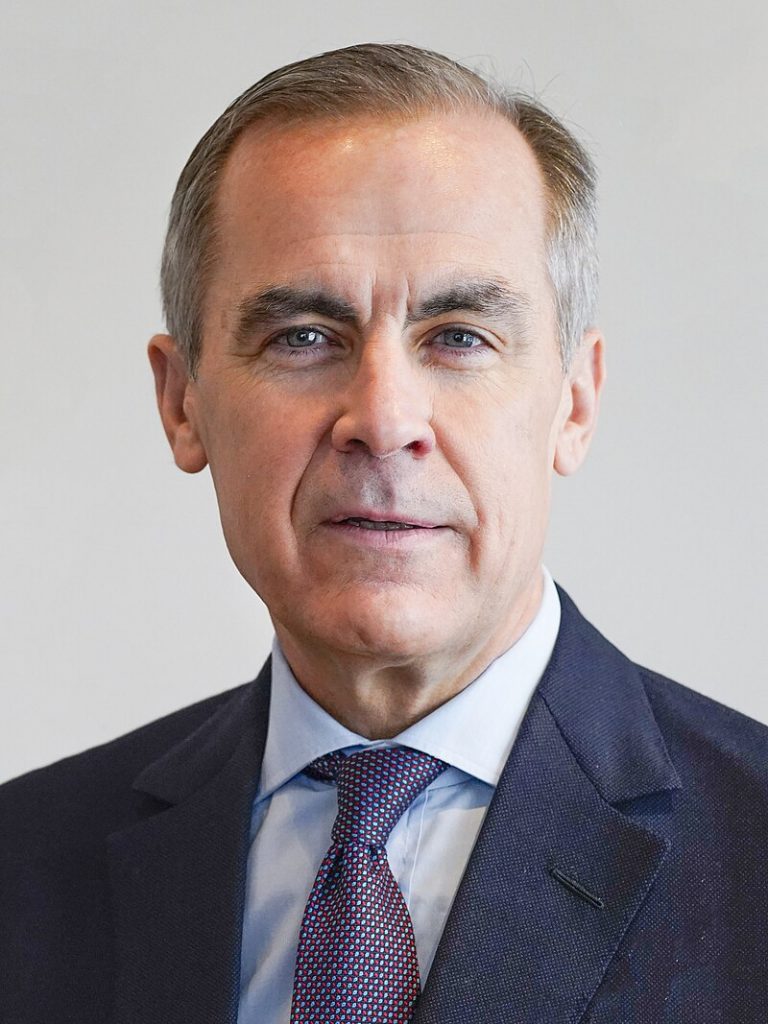
Prime Minister Mark Carney appeared to soften his stance on Canada’s oil and gas emissions cap, telling reporters in Ottawa that its future “depends” on the success of other emission-reduction efforts. The comments mark a notable shift from his position earlier this year, when he pledged to maintain the policy. Carney explained that his government’s focus is on measurable progress rather than rigid objectives, emphasizing competitiveness in the energy, mining, and manufacturing sectors as Canada transitions toward lower emissions.
The federal emissions cap, slated for 2030, requires oil and gas producers to cut emissions by 35 percent from 2019 levels. The measure is a key part of Canada’s broader commitment under the Paris climate accord to reduce total emissions by at least 40 percent from 2005 levels. Yet progress has been slow. According to the Canadian Climate Institute, overall emissions are down just 8.5 percent compared to 2005, with the oil and gas sector still responsible for about 30 percent of Canada’s greenhouse gases and being the only major sector to record an increase last year.
Carney’s remarks come as he engages in what he calls “constructive discussions” with Alberta Premier Danielle Smith. The two have been negotiating what they describe as a potential “grand bargain,” linking Alberta’s push for a new bitumen pipeline to British Columbia’s coast with the completion of the Pathways Alliance carbon capture project. Smith has urged Ottawa to repeal both the emissions cap and the federal tanker ban, arguing they deter investment and make large-scale energy projects unviable.
When asked whether he supports Alberta’s proposed pipeline, Carney said the federal government is open to “nation-building projects” — including conventional energy infrastructure — but only if they generate economic value, align with climate goals, and respect Indigenous participation. The statement echoed his conditional approach, as he reiterated that support would “depend” on a project’s full alignment with national objectives.
The debate has fueled growing tensions between Alberta and British Columbia. B.C. Premier David Eby has warned that repealing the tanker ban could fracture community trust and jeopardize future coastal development projects. Smith, in response, called Eby’s position “un-Canadian and unconstitutional.” Meanwhile, Energy Minister Tim Hodgson told the Senate that any new pipeline proposal will require cooperation between both provinces. Carney’s recent pitch to U.S. President Donald Trump to revive the Keystone XL pipeline also faces uncertainty, with critics arguing that even if a pipeline is built, the emissions cap could prevent producers from maximizing its use.

















